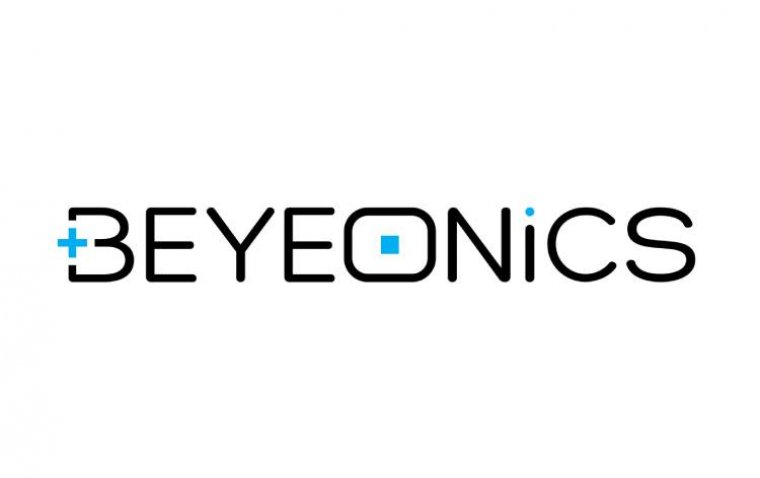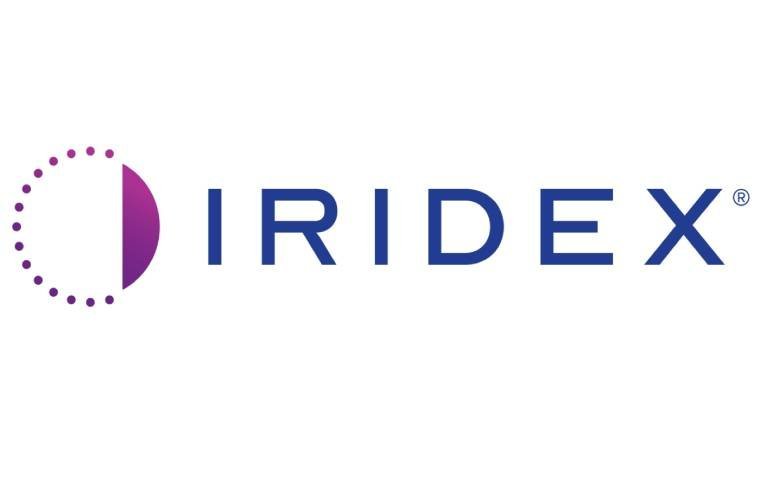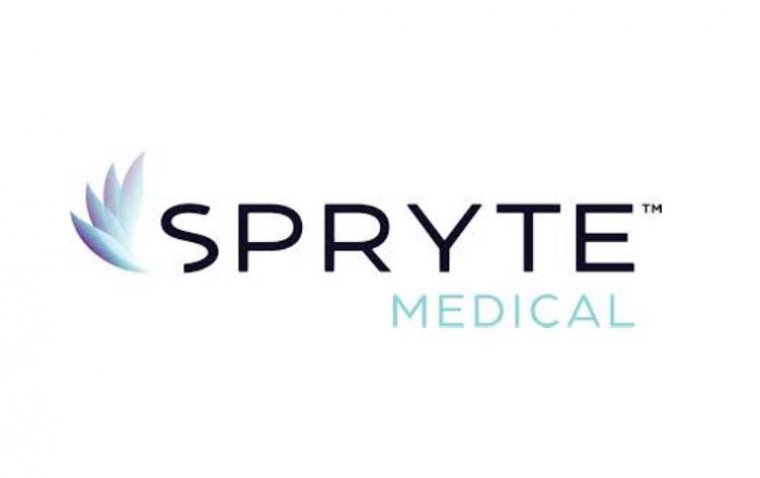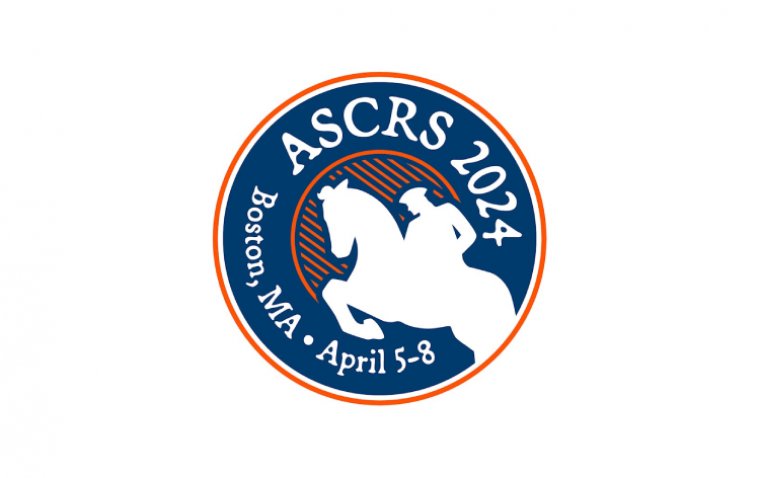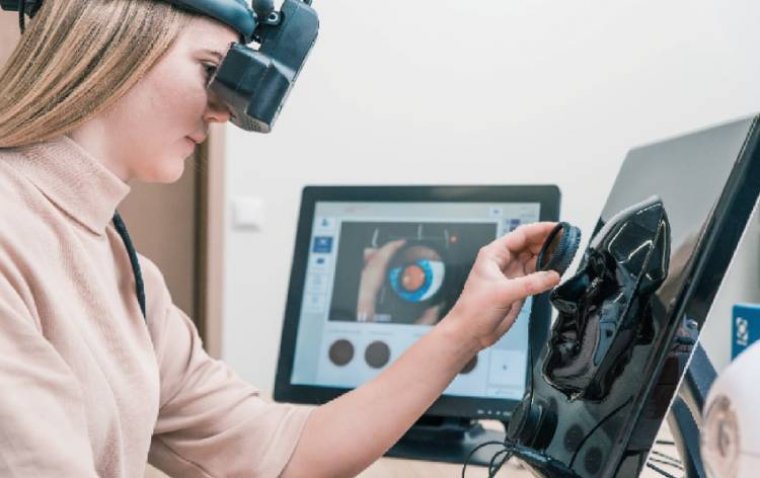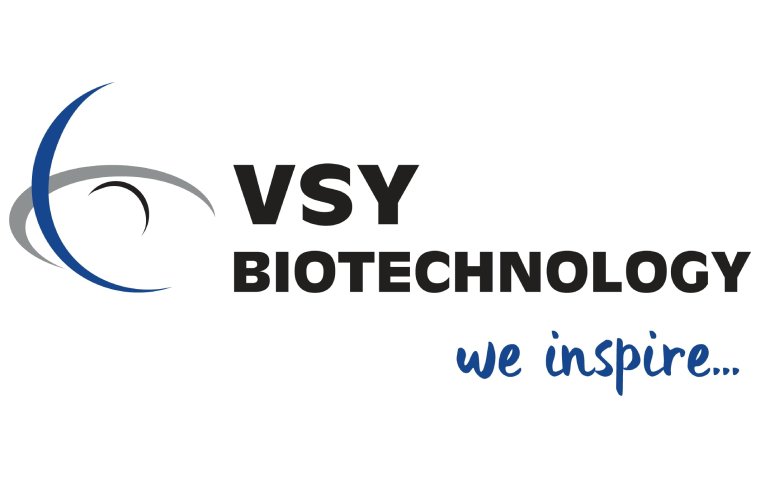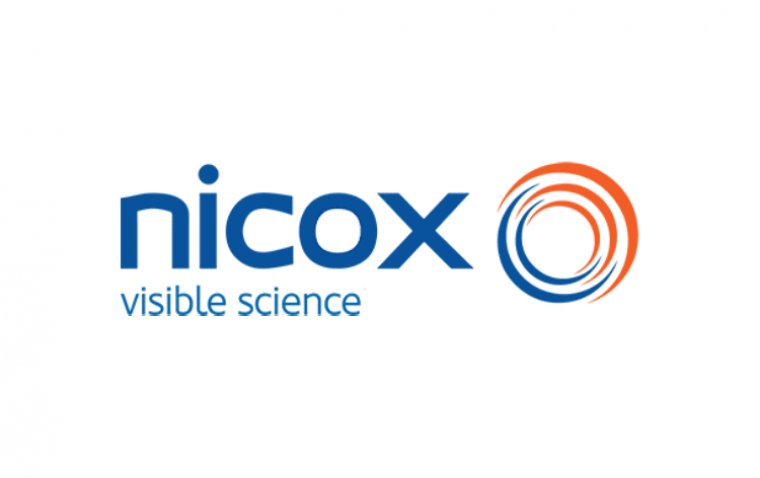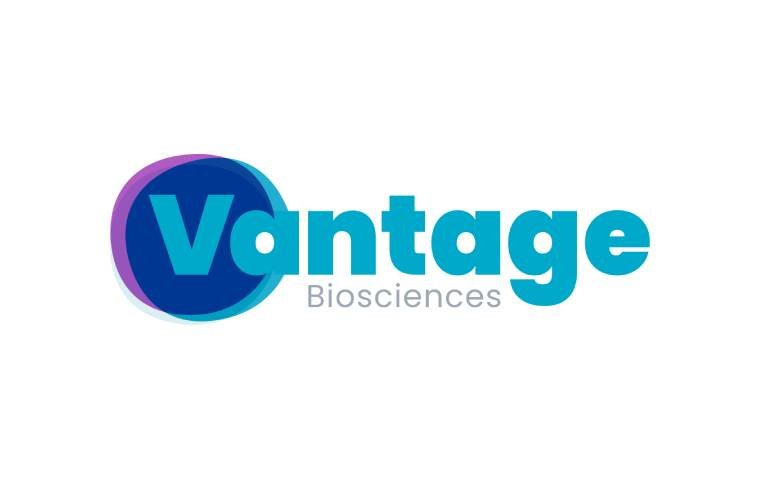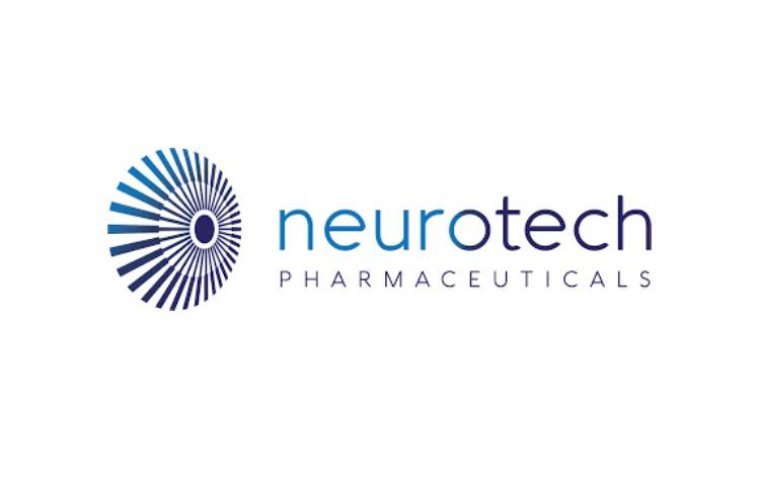
Neurotech Provides Update on BLA for NT-501 as Treatment for Macular Telangiectasia Type 2
Neurotech Pharmaceuticals has released an update regarding its biologics license application (BLA) for NT-501 (revakinagene taroretcel), a treatment designed for macular telangiectasia type 2 (MacTel). The U.S. Food and Drug Administration (FDA) has recently extended the Prescription Drug User Fee Act (PDUFA) goal date by three months to allow for additional data review, moving the anticipated decision date from December 17, 2024, to March 18, 2025. This extension provides the FDA with more time to thoroughly evaluate supplemental data Neurotech submitted in response to FDA requests.
FDA Priority Review and Extended Timeline for NT-501
Originally granted priority review status by the FDA in June, NT-501 aims to address the unmet medical needs associated with MacTel, a progressive retinal disease. The priority review designation underscores the potential significance of NT-501 as a treatment option for this rare neurodegenerative condition, which primarily causes central vision deterioration.
Richard Small, CEO of Neurotech Pharmaceuticals, emphasized the company's commitment to supporting the FDA’s review process. "We are committed to providing the agency any information needed to complete the review of the NT-501 BLA," Small stated. "Neurotech will continue in our effort to bring this important therapy to MacTel patients."
Understanding Macular Telangiectasia Type 2 (MacTel)
MacTel is a rare, slowly progressive disease marked by localized degeneration of the retina and characteristic vascular changes in the retinal blood vessels. The disease typically affects both eyes, resulting in the gradual loss of central vision. As there are limited treatment options available, NT-501 could be a transformative solution for patients who currently have few therapeutic alternatives.
The ECT Platform: A Novel Approach to Chronic Retinal Diseases
The NT-501 implant uses Neurotech’s Encapsulated Cell Therapy (ECT) platform, a cell-based delivery system that enables continuous, sustained release of therapeutic proteins to target chronic retinal diseases. This innovative platform consists of a small, semi-permeable capsule containing specially engineered retinal pigment epithelium (RPE) cells. These RPE cells are genetically modified to produce specific therapeutic proteins in a targeted, long-term manner, providing a sustained therapeutic effect directly to the retina.
How NT-501 Works for MacTel Treatment
NT-501 is designed to deliver Ciliary Neurotrophic Factor (CNTF) to the retina via the ECT platform. CNTF has shown potential in addressing the underlying pathology of chronic retinal diseases like MacTel by supporting retinal cell health and function. Through the controlled release provided by the ECT system, NT-501 offers the promise of consistent and localized treatment for individuals affected by MacTel, aiming to slow disease progression and preserve vision.
Neurotech’s update signifies an important step forward in the potential availability of NT-501 for patients with MacTel, a condition with currently limited treatment options. The March 2025 PDUFA goal date represents the latest timeline for a decision on this innovative therapy.
(1).jpg)
